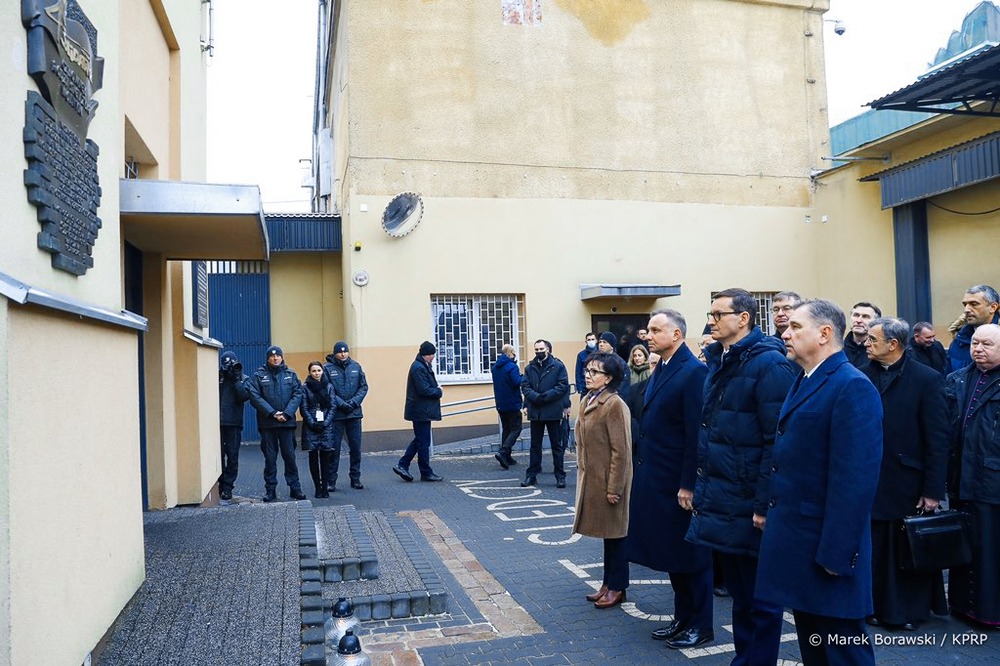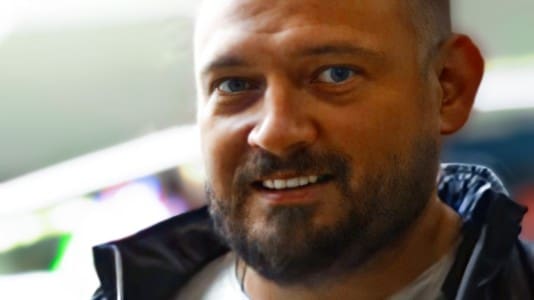Poland just recognized the 40th anniversary of the imposition of a brutal martial law in the country under the previous communist regime. Two official statements were made to mark the occasion by important figures in Polish public life. Now, I wonder how the intensity and vitality of these postulates can be maintained and not simply forgotten.
It is necessary that these postulates do not simply become slogans expressed in the heat of the moment and then soon forgotten by everyone or set aside for a better time due to the relentless burden of current affairs.
These postulates are trying to make up for the negligence which the state, but also the media to a large degree, have on their conscience.
To those who did not watch the live transmission from the ceremonies — they were held in a very special place, the Museum of Cursed Soldiers and Political Prisoners in Warsaw, which was built in a former communist special service prison. This grim place has been dedicated to the soldiers of the Polish underground following the Second World War and the political opposition from the 1960s and onwards.
I am mentioning this because perhaps the direct, physical contact with the prison walls which still bear the marks of torture released a special kind of emotion among the speakers. This special place influenced the clearer vision of affairs associated with the martial law imposed on Poland.
The first condition demanded by the speakers was the conveyance of truth about martial law to younger generations. To speak about both its heroes and the villains who deserve condemnation. The main message, which was conveyed through different lips — those of President Andrzej Duda, Prime Minister Mateusz Morawiecki, Speaker of the Sejm Elżbieta Witek and “Solidarity” leader Piotr Duda — concerned not only memory but also emphasized that knowledge must be stored and cultivated in the collective memory of future generations.
This mission must rest on two pillars in a natural manner — on both the state and on the media. The state has several sectors which can ensure the success of this mission. First of all, the horrors of the martial law must be taught in the education sector, especially at the high school level. Education can play a key and positive role, under the condition that its experts will be able to prepare a program that will be attractive to youth. It requires finding the right blueprint, as this idea can easily be tarnished with poor implementation.
Another important aspect of the state’s activity can be financial and provide organizational impetus for different artistic endeavors associated with martial law, also fulfilled with the help of Poland’s youth.
When it comes to the media, I do not believe that they should restrict their activity to merely martial law anniversaries.
The second condition concerns calling for full accountability of the wrongs imposed through martial law with the people and institutions which have crimes from that era on their conscience. A surprise for me, which maybe suggests some success in these important matters, was Andrzej Duda’s voice. In his speech, there were strong tones which encouraged a reckoning with the legal environment, including the judiciary of that period. This solution, however, lies solely with the state.





